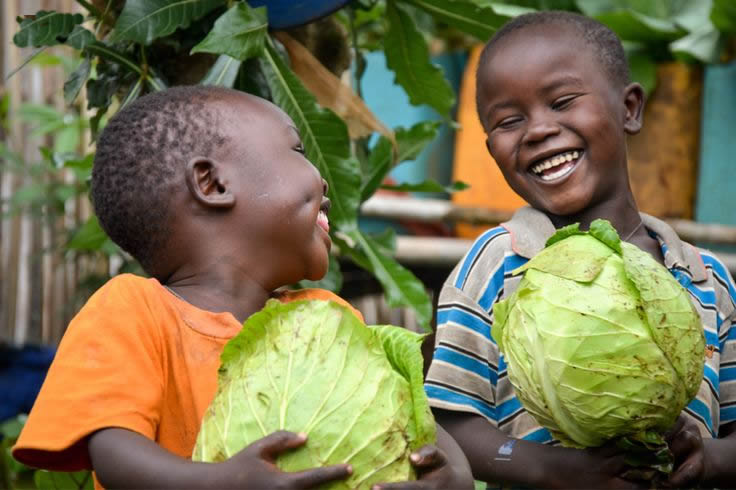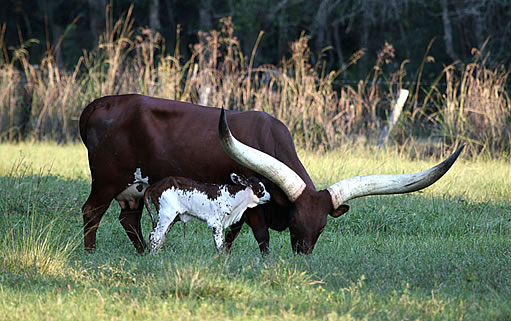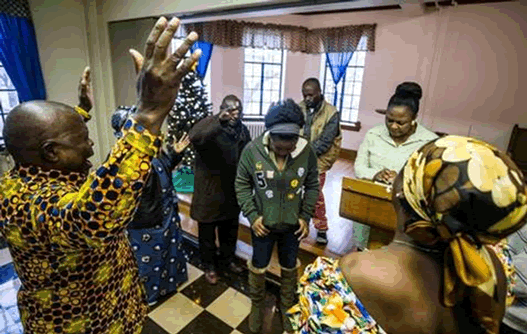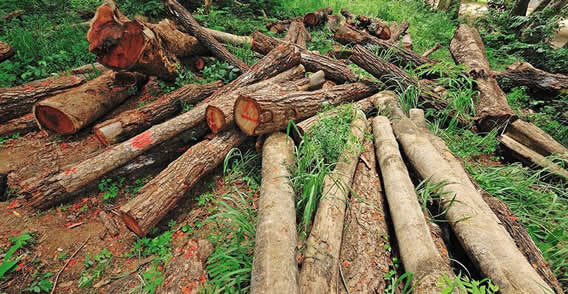July 1, 2018
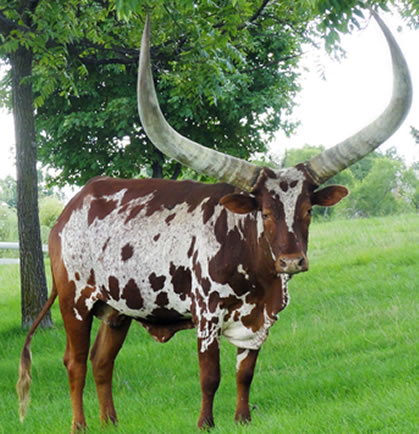 | Ente encheke achwe ekinaga egamba, “Kiki kyonansindikire!” (Runyoro) Ng’ombe dhaifu kavunja nyungu kasema “Namlaumu mtu aliye nisukuma!” (Swahili) La vache faible brisa le pot et dit, “Je condamne la person qui m’avait poussee!” (French) The weak cow broke the pot and said, “I blame the person who pushed me” (English). |
Runyoro (Uganda) Proverb


